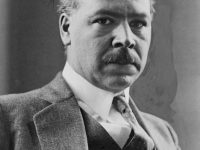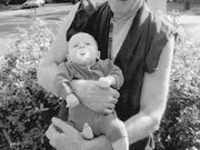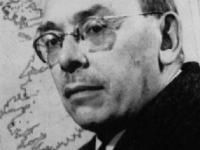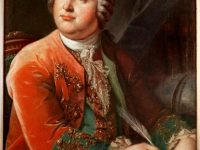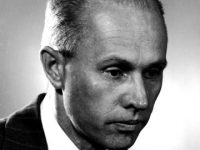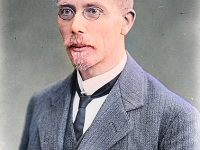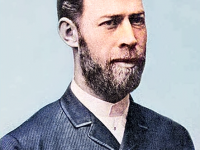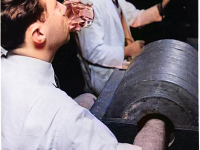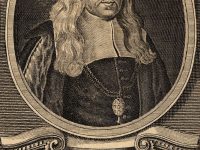Nikolai Vavilov and the Centres of Origin of Cultivated Plants
On November 25, 1887, Russian and Soviet botanist and geneticist Nikolai Vavilov was born. Vavilov is best known for having identified the centres of origin of cultivated plants. He devoted his life to the study and improvement of wheat, corn, and other cereal crops that sustain the global population. He established 400 research institutes and made expeditions throughout the world (1916-33), leading Russian plant hunters on the first attempt to “cover the…
Read more

